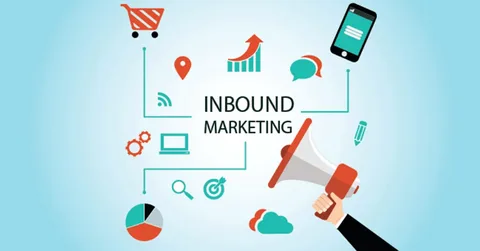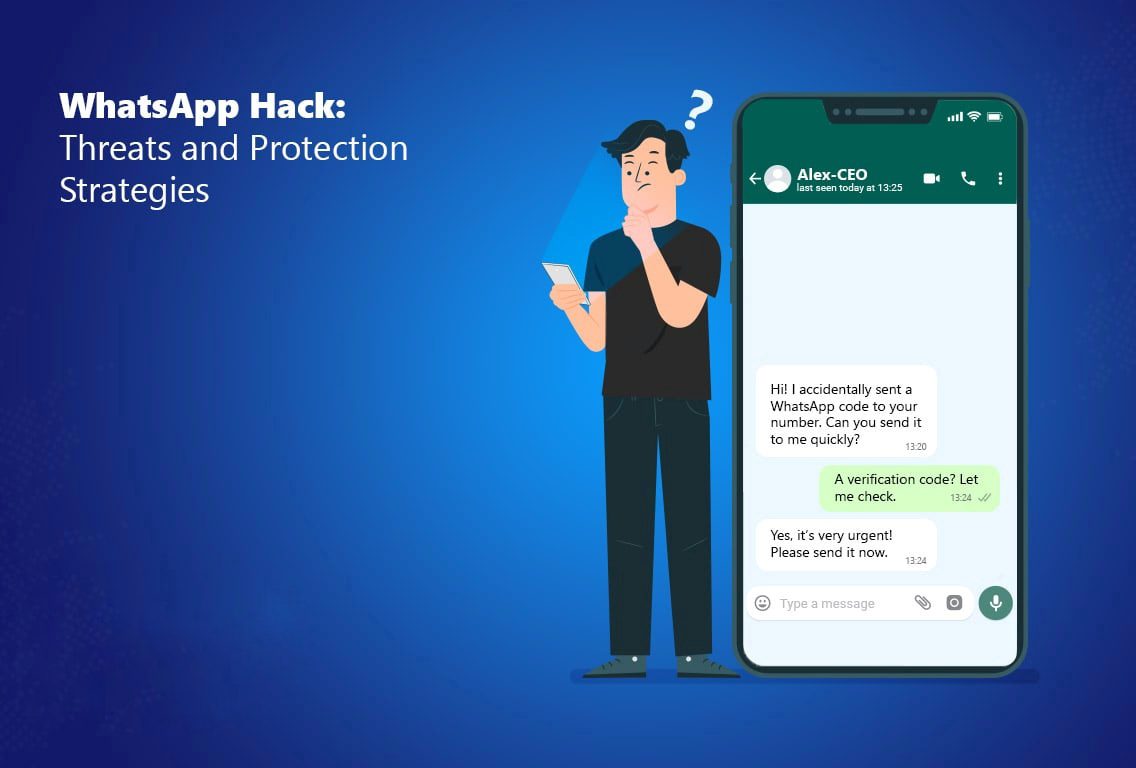
In today’s fast-paced business environment, customer service is more critical than ever. One of the key pillars of excellent customer service is an efficient inbound contact center. In this article, we will dive into what an inbound contact center is, its operational process, and the role it plays in ensuring customer satisfaction and business success. Additionally, we’ll look at how companies like Expertcallers are streamlining these processes to deliver exceptional service.
Contents
What is an Inbound Contact Center?
An inbound contact center is a customer service hub where incoming calls, emails, or other communication channels are handled by agents. Unlike outbound call centers, which initiate calls to customers, inbound centers are reactive. The primary goal of an inbound contact center is to address customer inquiries, resolve issues, provide technical support, and deliver a personalized experience to ensure customer satisfaction.
Inbound call center operations can vary depending on the business needs, but they typically include a variety of services, such as customer service, sales support, technical assistance, order processing, and complaint handling. The operational model of an inbound center is focused on managing high call volumes while ensuring that each customer interaction is handled professionally and efficiently.
Key Elements of Inbound Call Center Operations
Inbound call center operations are not just about answering calls; they involve a series of processes and tools that enable businesses to provide excellent customer service. Below are some of the key elements that define the operational framework of an inbound contact center:
1. Call Routing Systems
Efficient inbound call center operations rely heavily on call routing technology. When a customer calls, the call is routed to the appropriate agent based on predefined criteria such as the issue type, urgency, or customer profile. Advanced call routing systems, such as Interactive Voice Response (IVR) systems, can direct customers to the right department without requiring direct interaction with an agent, speeding up response times and reducing wait times.
2. Customer Relationship Management (CRM) Software
CRM software is integral to inbound call center operations. This tool helps agents track customer interactions, store customer data, and provide personalized services. When a customer calls, the CRM pulls up their history, preferences, and previous issues, allowing agents to offer tailored solutions and avoid repeating questions, which greatly enhances the customer experience.
3. Performance Monitoring and Analytics
Inbound call centers rely on robust performance monitoring tools that measure key metrics such as call volume, average handling time, wait times, and agent performance. Real-time data and analytics are essential for managers to identify bottlenecks, optimize staffing, and continuously improve the customer experience.
4. Quality Assurance
Quality assurance (QA) is an important component of inbound call center operations. QA teams regularly review interactions between agents and customers to ensure that service standards are met. They listen to recorded calls, evaluate agent performance, and provide feedback to agents to help them improve their communication and problem-solving skills.
5. Agent Training and Development
A well-trained team is the backbone of any successful inbound contact center. Training agents to handle diverse customer needs, understand the products or services in detail, and use technology effectively ensures a smooth workflow. Expertcallers, a leader in inbound call center services, places a strong emphasis on continuous agent development, ensuring that their teams are always equipped with the latest knowledge and skills to meet customer expectations.
The Operational Process of an Inbound Contact Center
The operational process of an inbound contact center involves several critical stages that help ensure smooth and efficient service delivery. Here’s a look at these stages:
1. Customer Initiates Contact
The process begins when a customer reaches out via phone, email, live chat, or social media. Whether they are seeking assistance, making an inquiry, or lodging a complaint, the goal of the inbound contact center is to address the customer’s needs as efficiently as possible.
2. Call Reception
When a customer calls, they are typically greeted by an IVR system that helps them navigate through the options. If the customer needs specific help, the system routes them to the correct department or an available agent. In some cases, a live agent may answer the call immediately.
3. Issue Resolution
Once the call is answered, the agent works to resolve the customer’s issue. The agent will use the company’s CRM system, knowledge base, and training to address the customer’s inquiry. Depending on the complexity of the issue, the agent may escalate the call to a more experienced representative or another department.
4. Follow-Up
If the customer’s issue is resolved during the first call, the agent will often confirm the solution and ensure the customer is satisfied with the outcome. If necessary, the agent will provide follow-up instructions or schedule a follow-up call. Some contact centers send confirmation emails or surveys after a call to ensure customer satisfaction.
5. Call Closure and Documentation
After the issue is resolved, the agent documents the interaction, including key details, solutions provided, and any follow-up required. This documentation is stored in the CRM for future reference, allowing both the company and the customer to access it if needed.
6. Performance Evaluation
To maintain high service standards, inbound call centers continuously evaluate the effectiveness of their operations. They analyze data such as call volume, average response times, and customer satisfaction scores. Based on these insights, they make adjustments to their processes, staffing, and training programs.
The Role of Expertcallers in Inbound Call Center Operations
Expertcallers is a prominent player in the inbound call center industry, offering a wide range of services that help businesses improve their customer experience. By focusing on key factors such as agent expertise, cutting-edge technology, and a data-driven approach to operations, Expertcallers ensures that each customer interaction is handled with the utmost care and efficiency.
They excel in managing high call volumes, reducing wait times, and providing highly skilled agents who are trained to handle complex customer inquiries. Their seamless integration of CRM software and call routing systems guarantees that every customer’s needs are met promptly and professionally.
By partnering with a company like Expertcallers, businesses can streamline their inbound call center operations and deliver exceptional service that drives customer loyalty and satisfaction.
Conclusion
Inbound call center operations are a critical component of any business that wants to provide high-quality customer service. From handling inquiries and resolving issues to maintaining performance standards and ensuring customer satisfaction, the operational process of an inbound contact center requires careful planning, sophisticated technology, and well-trained agents.
Expertcallers sets an example of how businesses can optimize their inbound call center operations by leveraging technology, expert agents, and a data-driven approach to customer service. In today’s competitive market, investing in an efficient and responsive inbound contact center can be the key to long-term success and customer loyalty.






